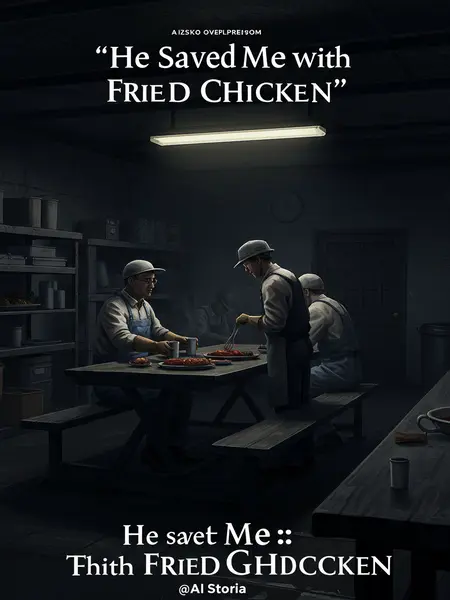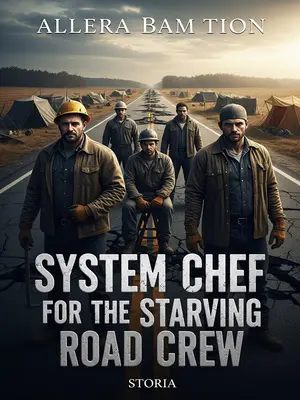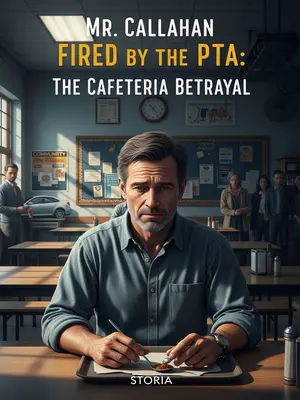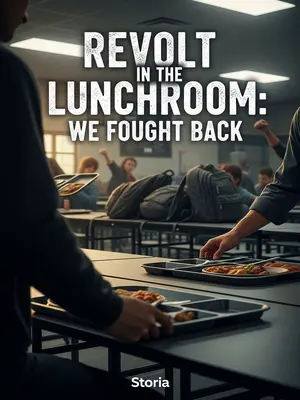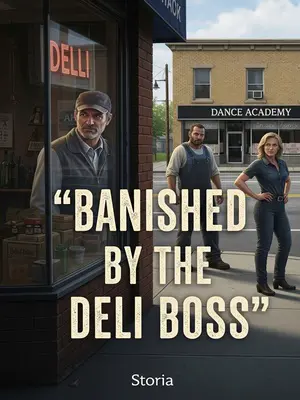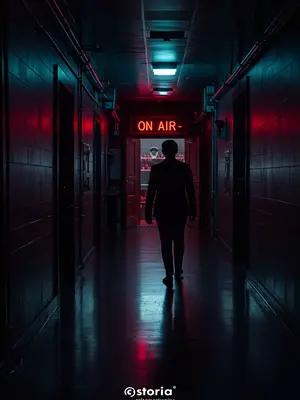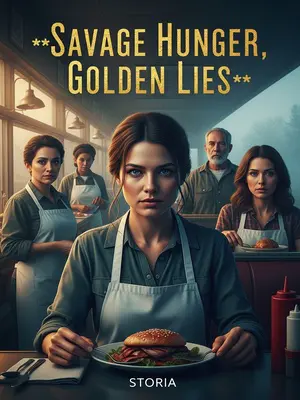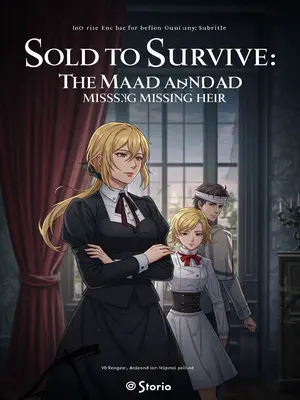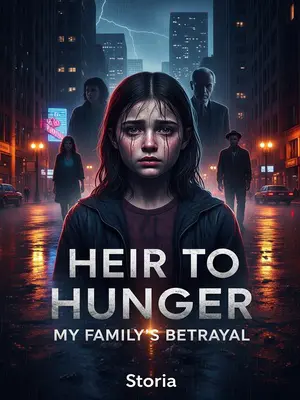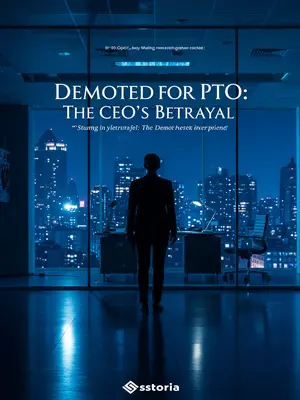Chapter 1: The Hunger That Wouldn't Let Go
There was a time when hunger gnawed at me so hard I thought it would eat me alive.
The air in the barracks always smelled of sweat and mildew, and my stomach growled so loud at night it drowned out the wind. Looking back, I can almost feel the ache in my gut and the numbness in my hands from those days. Hunger was my shadow—sometimes so bad I’d wake in the middle of the night, teeth chattering, stomach twisted in knots, barely able to remember what it felt like to be warm or full.
But everything changed when the new supervisor arrived. He gave us oatmeal and dill pickles at every meal.
It sounds simple, but to us, it was a miracle—a steaming bowl of oatmeal, tart and salty dill pickles. The dill pickles snapped between my teeth, sharp and briny, like the ones my grandma used to keep in a jar on the kitchen counter. Something hot and solid that filled more than just our bellies. You could feel hope start to flicker in the mess tent each time his voice rang out at mealtime.
He let us work four days and rest three, never forcing us to work overtime.
People started to smile again, just a little. Jokes crept back in during breaks, tired as we were. And when Friday came and we got to rest—really rest, not just collapse in exhaustion—it was like a piece of our old lives had been given back.
He even taught us to read and write, and introduced us to new subjects—math, physics, chemistry, biology, and more.
I remember sitting on an upturned milk crate, pencil trembling in my hand as he went over the alphabet for the umpteenth time. Some of us could barely write our names, but he never laughed. He made us feel like we could belong to the world of books and numbers again, not just the world of mud and cold.
Later, after he brought all of Maple Heights together, he cried to me:
"I have to get up for an 8 a.m. class, and I'm already the mayor—why do I still have to get up for an 8 a.m. class?"
He sprawled on a battered old sofa in the town hall office, textbooks stacked around him, rubbing his eyes like a college kid who’d pulled one too many all-nighters. Sometimes, being in charge didn’t mean life got any easier.
"My favorite advisor, why don't we go try our luck out west?"
His eyes would drift toward the window, longing and hope mixing in his voice. Out west—the phrase hung there like a promise, a challenge, a dream only half-formed but impossible to ignore for a kid from the Rust Belt.
"This damned Spanish, I've really had enough of learning it."
He tossed a workbook onto the table and groaned. I laughed. Even the mayor had his struggles, it turned out—just different ones than mine.
